Trails Carolina Horror Stories: Is There Any Truth To The Abuse Claims?
Trails Carolina horror stories have cast a shadow over wilderness therapy programs. Designed to help troubled youth, these programs seek growth and healing through nature. Yet, not all experiences are positive. Trails Carolina, in particular, faces allegations and a trail of unsettling accounts.
One voice, Linda, broke her silence in 2022, sharing her story in a blog post and USA Today interview, determined to shed light on Trails Carolina's reality. Explore the troubling narratives that surround this wilderness therapy program and its hidden, disturbing darker side.
Trails Carolina Horror Stories And Allegations
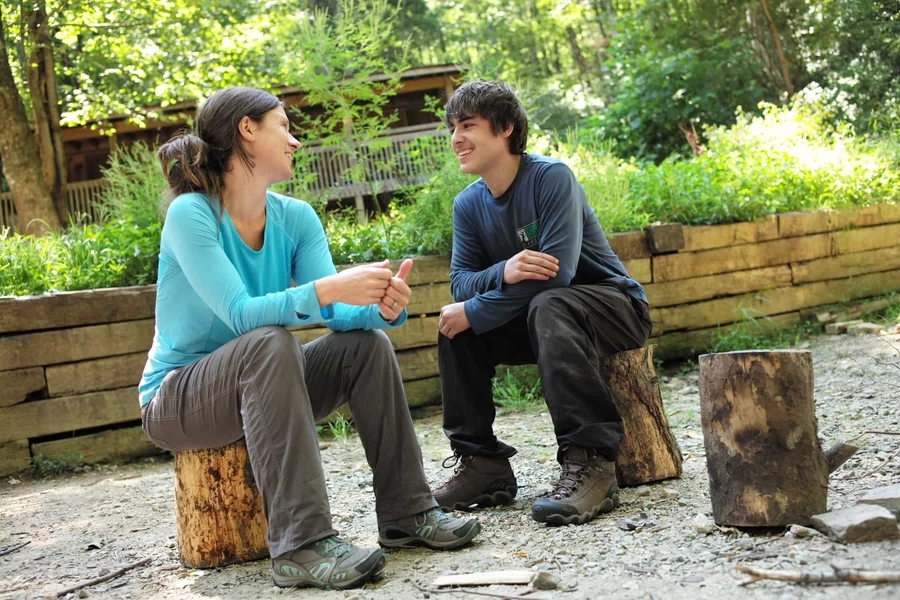 Source: Google Images
Source: Google Images
Trails Carolina horror stories were exposed when a former staff member, Linda, blew the whistle, unveiling paramount malpractice by the wilderness therapy camp. Linda had served as a counselor at Trails Carolina from 2015 to 2017 and revealed shocking claims of abuse within the program. She alleged sexual, physical, and emotional abuse, along with neglect by certain staff members.
Linda's attempts to report these incidents to management were met with indifference and dismissal. In 2022, after reading a news article about Trails Carolina's allegations, Linda decided to break her silence and speak out publicly. “I have been working with teens for over 20 years and I have never seen anything like what happened at Trails Carolina. It was a nightmare,” she said.
Trails Carolina Investigations
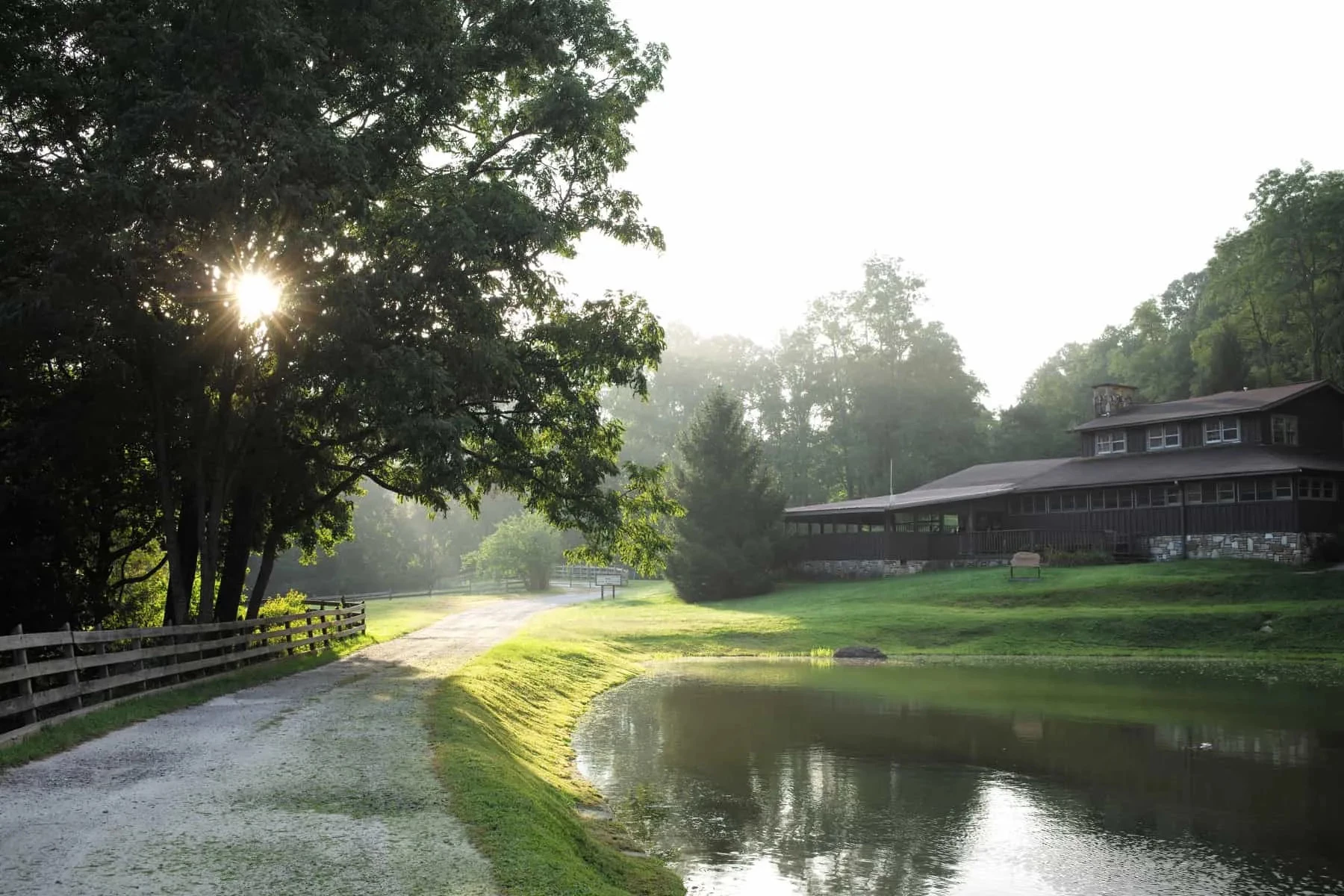 Source: Google Images
Source: Google Images
In response, the North Carolina Department of Health and Human Services (NCDHHS) launched an investigation. As the number of allegations against Trails Carolina continues to rise, various regulatory bodies and independent investigators have taken notice. Their investigations focus on critical objectives:
- Validating the allegations and collecting evidence of wrongdoing.
- Ensuring the safety and well-being of all past and current participants.
- Holding the program accountable for any legal or standard breaches.
- Recommending necessary program changes or improvements.
While investigations remain ongoing, preliminary findings are surfacing. For instance, one inquiry uncovered Trails Carolina's failure to report numerous abuse and neglect incidents to the authorities, as mandated by law. Another investigation revealed several violations of health and safety regulations, including inadequate sanitation, hygiene, and medical care maintenance.
Trails Carolina Responds
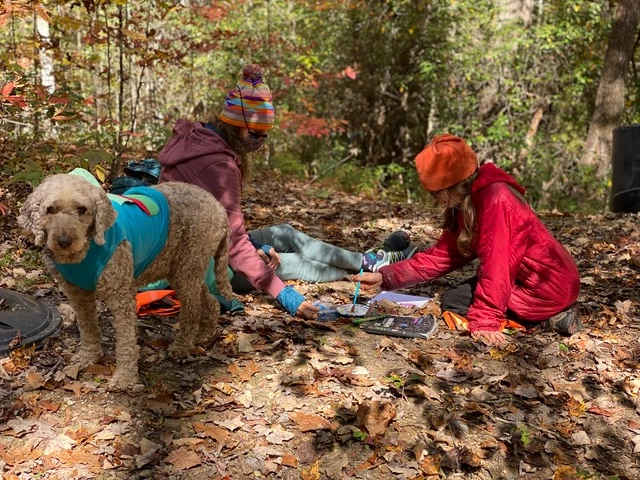 Source: Google Images
Source: Google Images
Linda's revelations triggered a strong reaction from Trails Carolina and its supporters. Accusations of dishonesty, exaggeration, and attention-seeking emerged:
“Linda’s allegations are baseless and unfounded. She has a history of mental health issues and personal problems that may have affected her judgment. She has never been a victim of abuse or mistreatment at Trails Carolina. She has only been a disgruntled employee who is trying to ruin our reputation and our program.” - Science Steve, director of science at Trails Carolina exclaimed.
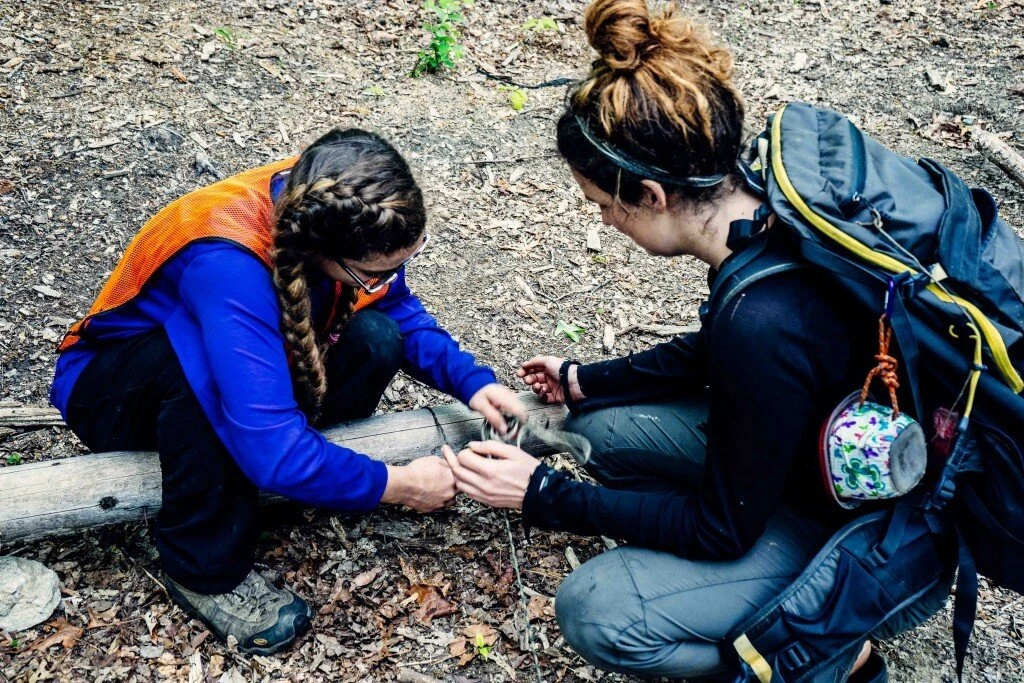 Source: Google Images
Source: Google Images
The statement underscores Trails Carolina's positive impact on thousands of adolescents through its wilderness therapy program, emphasizing evidence-based practices and adherence to industry standards. They also express a commitment to value participant and family feedback to ensure quality care.
“Trails Carolina changed my life. I was struggling with depression, anxiety, and self-harm. I didn’t think I could ever be happy again. But at Trails Carolina, I found hope, healing, and purpose.” - Amanda, a counselor at Trails Carolina concurred.
Trails Carolina Horror Stories: Employment Practices
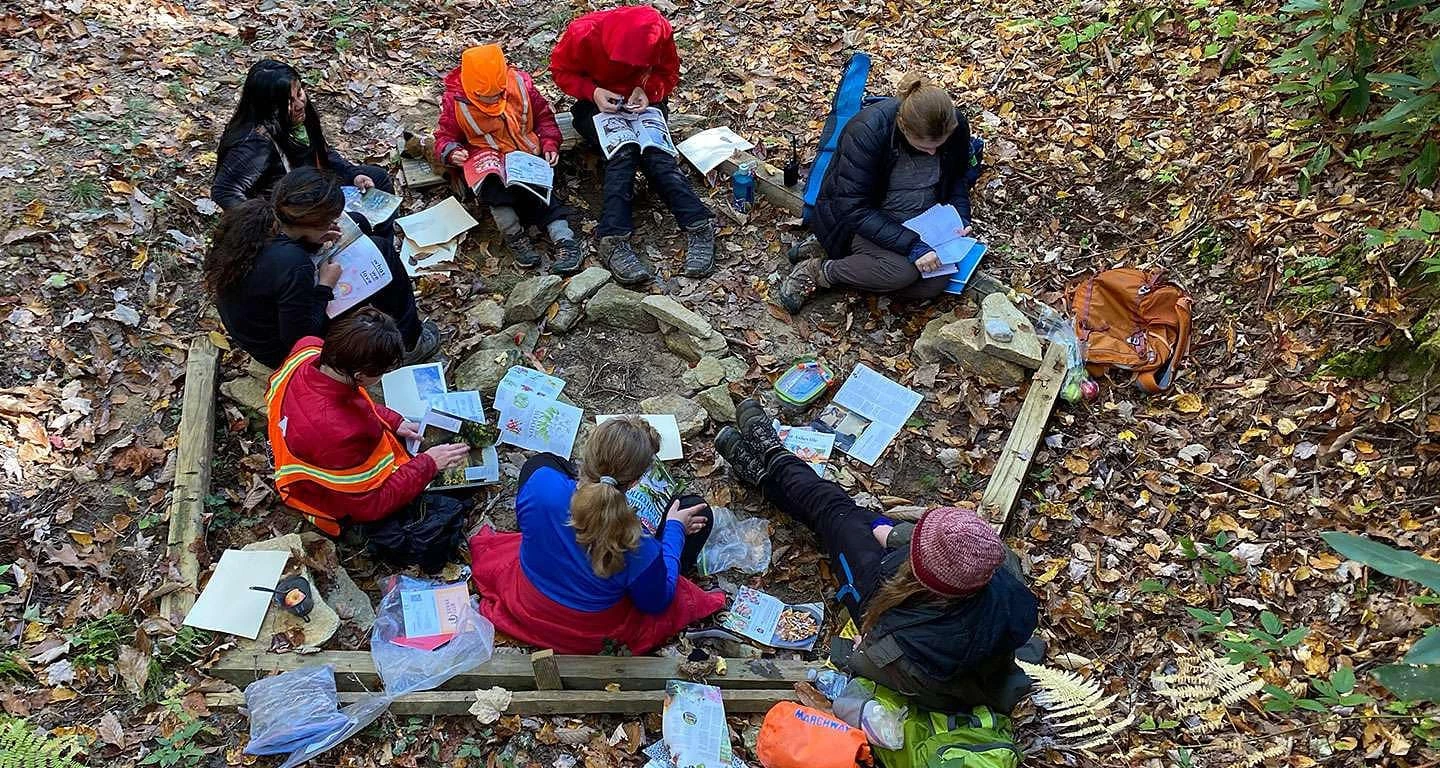 Source: Google Images
Source: Google Images
The allegations against Trails Carolina have also raised questions about its employment policies. Are staff members adequately trained and qualified to handle challenging situations? Do staff-to-participant ratios meet industry standards? Are staff members screened for criminal backgrounds or substance abuse?
While Trails Carolina highlights its extensive staff training, encompassing areas such as first aid, nutrition, suicide prevention, and crisis de-escalation, former staff members have shared concerning insights. One, in particular, received minimal training before being assigned to work with clients in the wilderness. This raises questions about the adequacy and consistency of staff preparation at Trails Carolina.
“I received minimal training before being assigned to work with clients in the wilderness. I had to learn everything on the fly, which was stressful and overwhelming. I also had to deal with a lot of pressure and expectations from the management and the clients.”
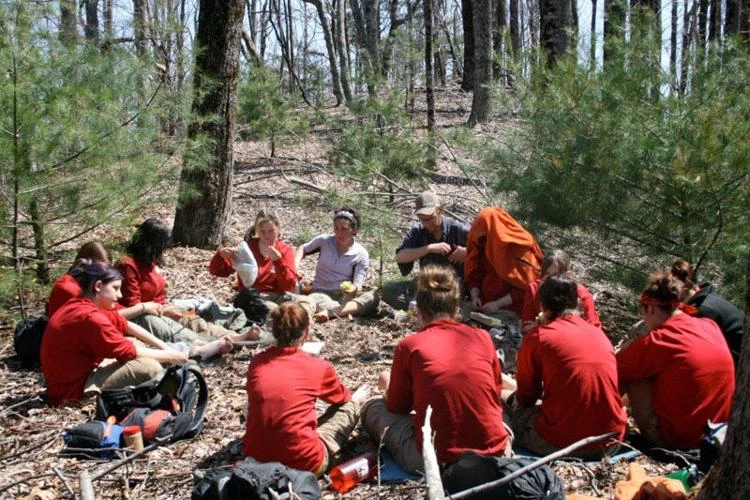 Source: Google Images
Source: Google Images
Another former staff member said that he witnessed several instances of staff misconduct, such as drinking alcohol on duty, using drugs, or engaging in inappropriate relationships with clients.
“I witnessed several instances of staff misconduct, such as drinking alcohol on duty, using drugs, or engaging in inappropriate relationships with clients. I reported these incidents to the management, but they were ignored or dismissed. I felt unsafe and uncomfortable working at Trails Carolina.”
These testimonies suggest that Trails Carolina may have failed to ensure that its staff members are competent, professional, and ethical in their work, which give even more credibility for its abuse claims.
What Is Wilderness Therapy?
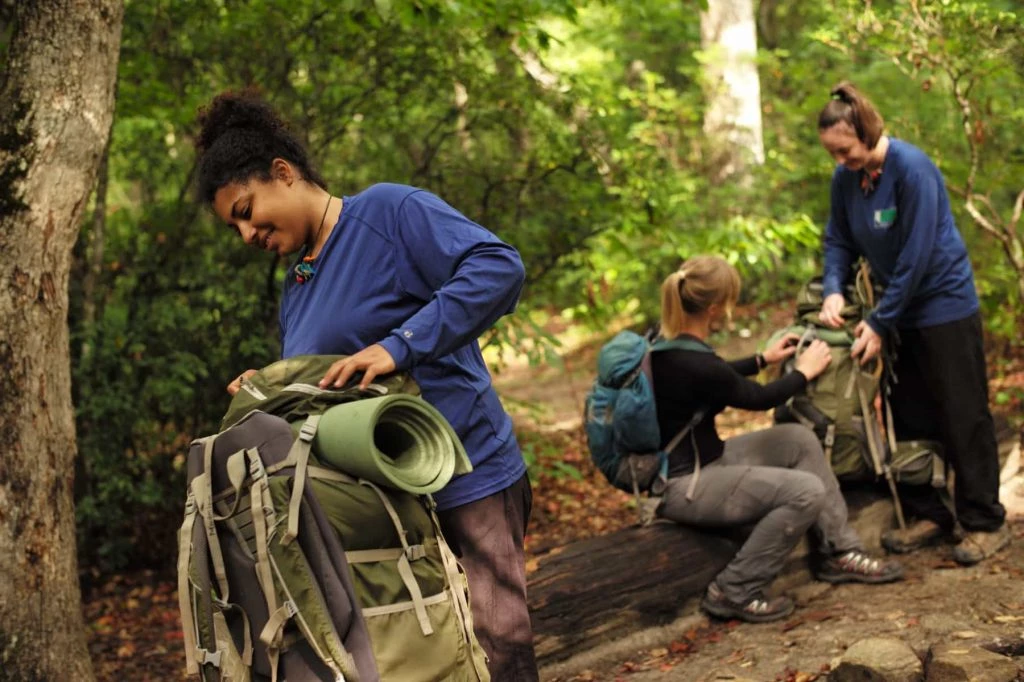 Source: Google Images
Source: Google Images
Despite the controversy surrounding Trails Carolina, wilderness therapy, when executed correctly, can be a highly beneficial intervention for troubled adolescents. Scientific research revealed that wilderness therapy programs had a beneficial impact on the psychological well-being, family dynamics, and academic achievements of the participants. It falls under the category of experiential therapy, using nature as its therapeutic backdrop. Wilderness therapy offers participants a distinct opportunity to:
- Disconnect from the distractions and stressors of modern life.
- Foster a connection with both nature and their inner selves.
- Acquire new skills and surmount challenges.
- Cultivate self-confidence and self-reliance.
- Receive support and guidance from trained professionals.
- Develop insight and awareness into their issues and behaviors.
- Effect positive changes and plan for the future.
The effectiveness of wilderness therapy hinges on numerous factors, including program quality, participant suitability, and family involvement. It is by no means a one-size-fits-all solution, nor does it offer instant results. Thoughtful assessment, planning, and follow-up are essential to ensuring it aligns with the unique needs and goals of each individual.
Conclusion: Are The Trails Carolina Horror Stories True?
The troubled teen industry has seen a surge in therapy camps, but not all are dedicated to improving lives. Trails Carolina horror stories spawn many challenges: a former resident's lawsuit alleging staff sexual abuse, an ongoing investigation by the North Carolina Department of Health and Human Services (NCDHHS) prompted by numerous allegations, and mounting concerns.
While unconfirmed, the Trails Carolina abuse claims have exposed the dark side of some wilderness therapy programs. As the investigation continues, it's crucial for all stakeholders to prioritize the well-being of the participants. Only through transparency, accountability, and improvement can trust be restored in such programs.